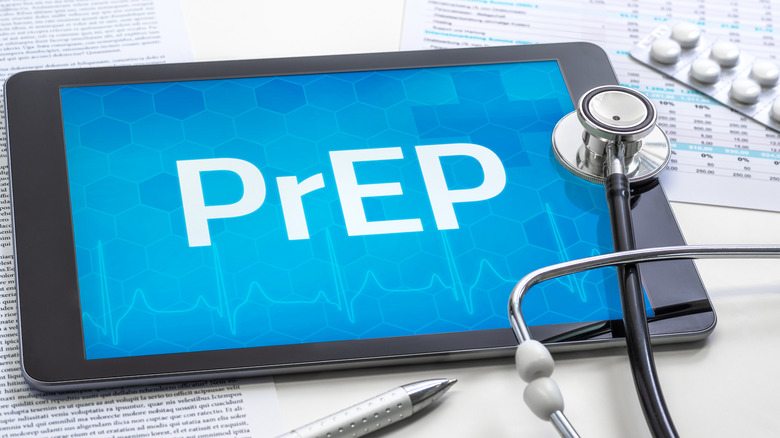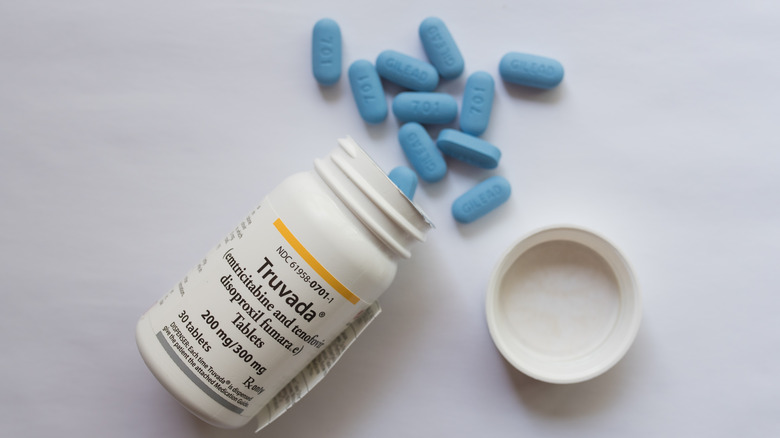How Does PrEP Work?
Pre-exposure prophylaxis (PrEP) is a type of antiviral medication that can help prevent the spread of human immunodeficiency virus (HIV). According to Healthline, PrEP is intended for sexually active adults who are HIV-negative and at a higher risk of contracting the virus. It is not meant for people who already have HIV. Since PrEP is a once-daily preventative medication, it can help protect you and your partners by lowering your risk of developing HIV.
Some people who may benefit from PrEP include those who have unprotected vaginal or anal sex, have a sexual partner who has HIV and a detectable viral load, share needles, or have recently contracted a sexually transmitted infection (STI) within the last 6 months.
While PrEP is safe and highly effective, you'll need to get tested for HIV every 3 months as long as you're taking it. This is to make sure that you do not get a positive result and remain HIV-negative. If you have been exposed to HIV or start experiencing any related symptoms, you should stop taking PrEP until you test negative before restarting it.
PrEP stops HIV from replicating
According to the Washington Health Institute, PrEP works by preventing HIV from entering your cells and replicating in the body. That's because it helps the body produce antibodies against the virus. After being exposed to HIV, PrEP blocks the enzyme that helps the virus replicate, eliminating the risk of infection. There are currently 2 types of available PrEP pills: Truvada and Descovy. Both medications have an average rate of effectiveness of 99% and produce minimal side effects. Common side effects of Descovy and Truvada include nausea, dizziness, and headache. However, these symptoms should resolve on their own within the span of a week.
Since PrEP is primarily intended as a once-daily medication, skipping a dose makes the drug less effective. According to WebMD, taking PrEP only 4 days a week reduces the effectiveness to 96%, while taking it 2 days a week can cause the effectiveness rate to drop down to 76%. That's why it's important to either take PrEP diligently every day or use condoms to further reduce the risk of HIV infection.


